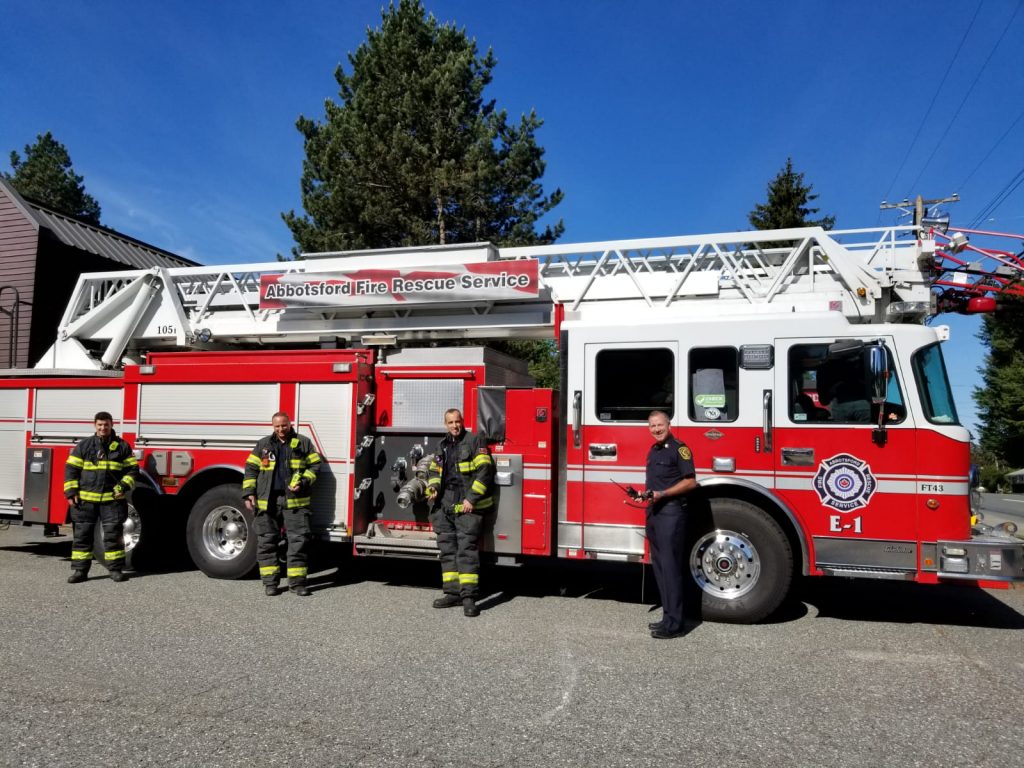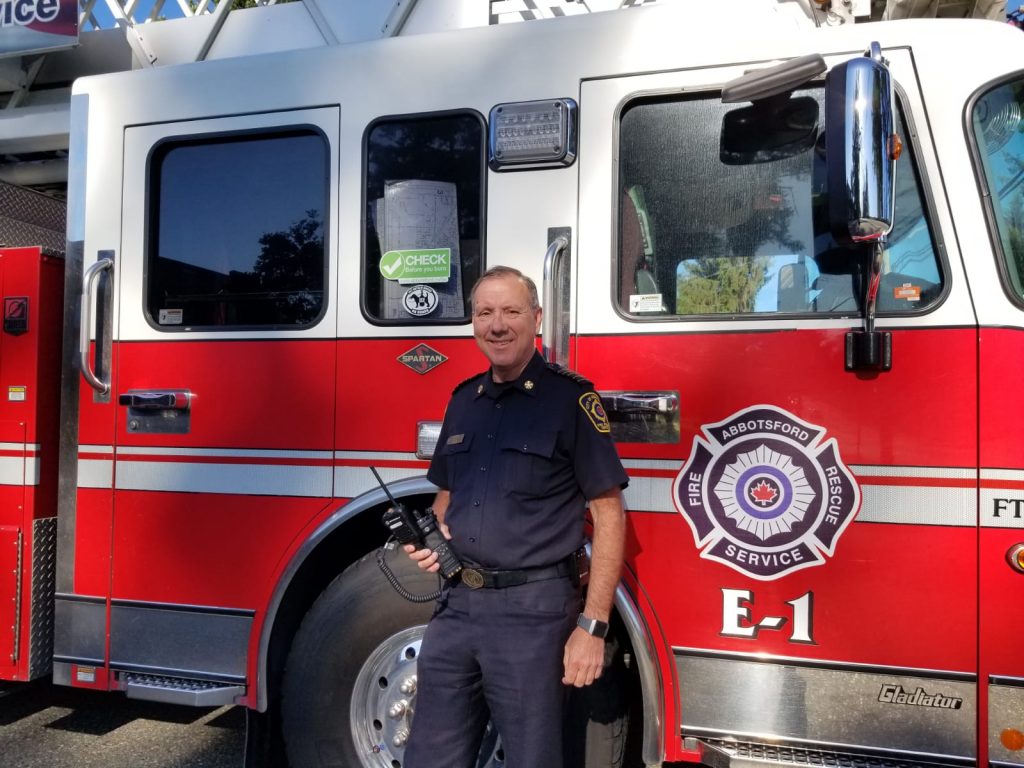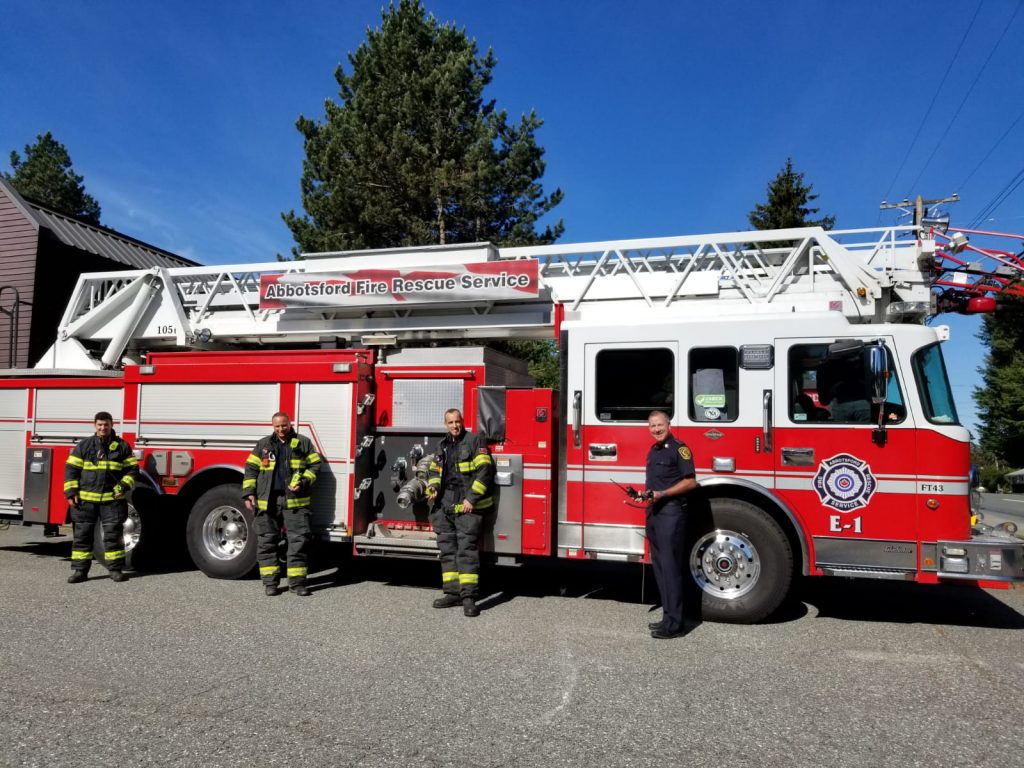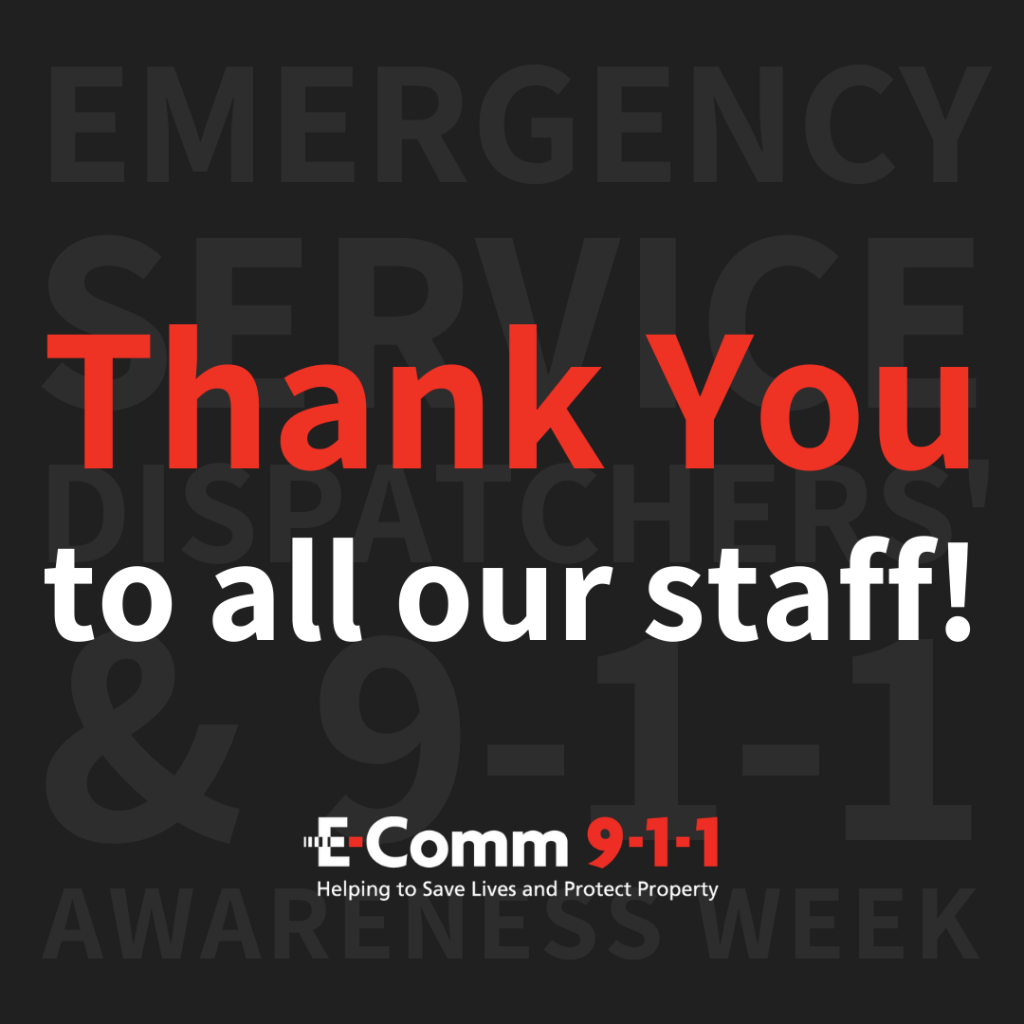NEWS RELEASE: E-Comm announces 2020-2021 Board of Directors
Vancouver, B.C.—E-Comm announced its new Board of Directors today, following the company’s Annual General Meeting. Because of physical distancing measures required during the COVID-19 pandemic, E-Comm held its Annual General Meeting virtually, for the first time in the company’s 21-year history.
Shareholders have named six new board members, with the remaining members designated by shareholders reconfirmed by their nominating entities for another term. The shareholder nominated directors appointed four independent directors: incumbents Doug Campbell, Barry Forbes and Denise Nawata, together with Nancy Kotani, newly elected as an independent director after a search process overseen by the Company’s Governance Committee.
Doug Campbell returns as Board Chair, a position he has held since 2016. During today’s online meeting, Campbell acknowledged the exceptional work of E-Comm staff and the first-responder community during the COVID-19 pandemic. “On behalf of the Board, I want to thank everyone at E-Comm for their ongoing dedication and efforts to provide continuous emergency communications services to the citizens of our province and first responders in these exceptional and unusual circumstances,” said Campbell. “Whatever the new norm brings us, we know our professional emergency communications team is ready for the task.”
The Board of Directors is responsible for overseeing the company’s strategic planning and direction, finances and operating results. Management is accountable to the Board of Directors for day-to-day operations and administration.
E-Comm shareholders nominate Board members who provide extensive knowledge and experience to the company through their work on the Board and as members of the Board’s standing committees.
2020-2021 E-Comm Board of Directors
Independent Directors nominated by the E-Comm Board
| Doug Campbell | Board Chair |
| Barry Forbes | |
| Nancy Kotani | |
| Denise Nawata |
| Directors | Nominee of |
| Aniz Alani | City of Abbotsford |
| Lori Halls | Provincial Government |
| Lois Karr | RCMP |
| Joe Keithley | Cities of Burnaby, Coquitlam, New Westminster, Port Coquitlam, Port Moody, Village of Belcarra |
| Melanie Kerr | City of Delta/Delta Police Board |
| Warren Lemcke | Vancouver Police Board |
| Neil Lilley | BC Emergency Health Services |
| Gayle Martin | Cities of Langley, Surrey and White Rock, Township of Langley |
| Bill McNulty | City of Richmond |
| Paul Mochrie | City of Vancouver |
| Mike Morden | Cities of Maple Ridge and Pitt Meadows |
| Paul Mochrie | City of Vancouver |
| Mark Sieben | Provincial Government |
| Richard Walton | City of North Vancouver, District of North Vancouver, District of West Vancouver, Village of Lions Bay |
| Mike Welte | Independent Police Boards (Abbotsford, New Westminster, Port Moody, Transit Police, West Vancouver) |
A second board seat, nominated by the Cities of Burnaby, Coquitlam, New Westminster, Port Coquitlam, Port Moody and Village of Belcarra, is to be filled later.
About E-Comm
E-Comm is the first point of contact for 9-1-1 callers in 25 regional districts in British Columbia and provides dispatch services for more than 70 police agencies and fire departments. E‐Comm also owns and operates the largest multi‐jurisdictional, tri‐service, wide‐area radio network in the province used by police, fire and ambulance personnel throughout Metro Vancouver and parts of the Fraser Valley. In 2019, E-Comm received more than 1.84 million 9-1-1 calls in B.C. and answered 97 per cent of those calls in five seconds or less.
-30-
Media Contact
Jasmine Bradley
E-Comm Corporate Communications
604.215.6248





